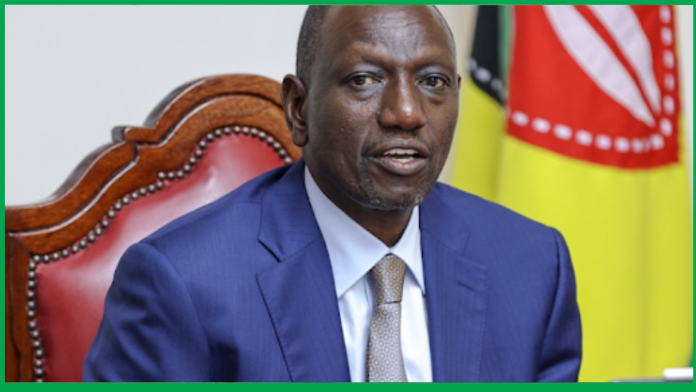Ruto’s Apology to Gen Z Sparks Political Reactions Ahead of 2027 Elections
Kenyan politicians are divided over President William Ruto’s public apology to the country’s Gen Z youth, following the confrontations between demonstrators and authorities during the 2024 anti-government protests.
On Wednesday, May 28, 2025, President Ruto issued the apology at a national prayer breakfast held at the Safari Park Hotel in Nairobi, urging the youth to forgive him. The gesture was seen by many as an attempt to mend relations and adopt a more conciliatory tone ahead of the 2027 general elections, where youth are projected to form the majority of voters.
“Where there is unity, God commands a blessing,” the President said, adding, “To our children, if there has been any misstep, we apologise.”
The apology, aimed at the younger generation that has been openly critical of his administration, sparked varied reactions from the political class.
Speaking on Citizen TV the following day, former West Pokot Senator Samwel Poghisio praised the President for what he called a demonstration of humility.
“I believe that if a man can go on public television during a prayer breakfast and say, ‘I am sorry,’ that is a show of humility,” said Poghisio. However, he cautioned that the sincerity of the apology would be judged by future actions. “If I wrong you and say sorry, then wrong you again, it means I wasn’t genuine.”
He urged Kenyans to give the President the benefit of the doubt and embrace reconciliation.
But not all leaders were convinced. Makueni Senator Dan Maanzo called for action beyond words. He urged the President to implement a reconciliation programme that includes visiting victims, compensating affected families, and covering hospital bills.
“If the President is truly sorry, he should visit Kenyatta Hospital, apologise to the victims in person, and settle their medical expenses,” Maanzo said. “That would show real commitment.”
Busia Senator Okiya Omtatah, however, outright rejected the apology. In a post on X (formerly Twitter), he stated, “They want us to forgive and forget—we are neither forgiving nor forgetting. They should know the apology is rejected.”
As the 2027 elections draw closer, political parties are expected to intensify their efforts to win over the youth vote, which played a significant role in shaping public discourse during the 2024 protests.


